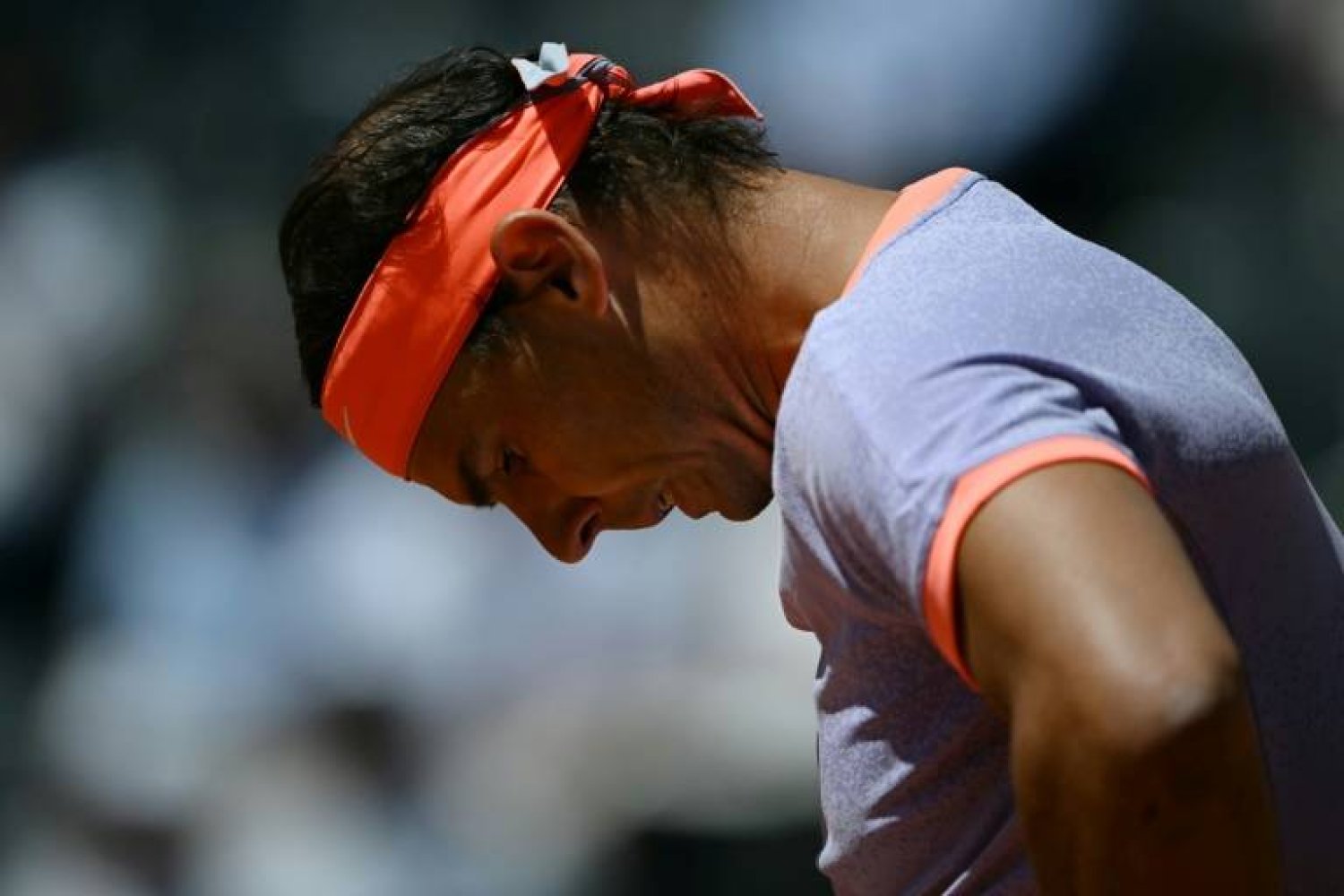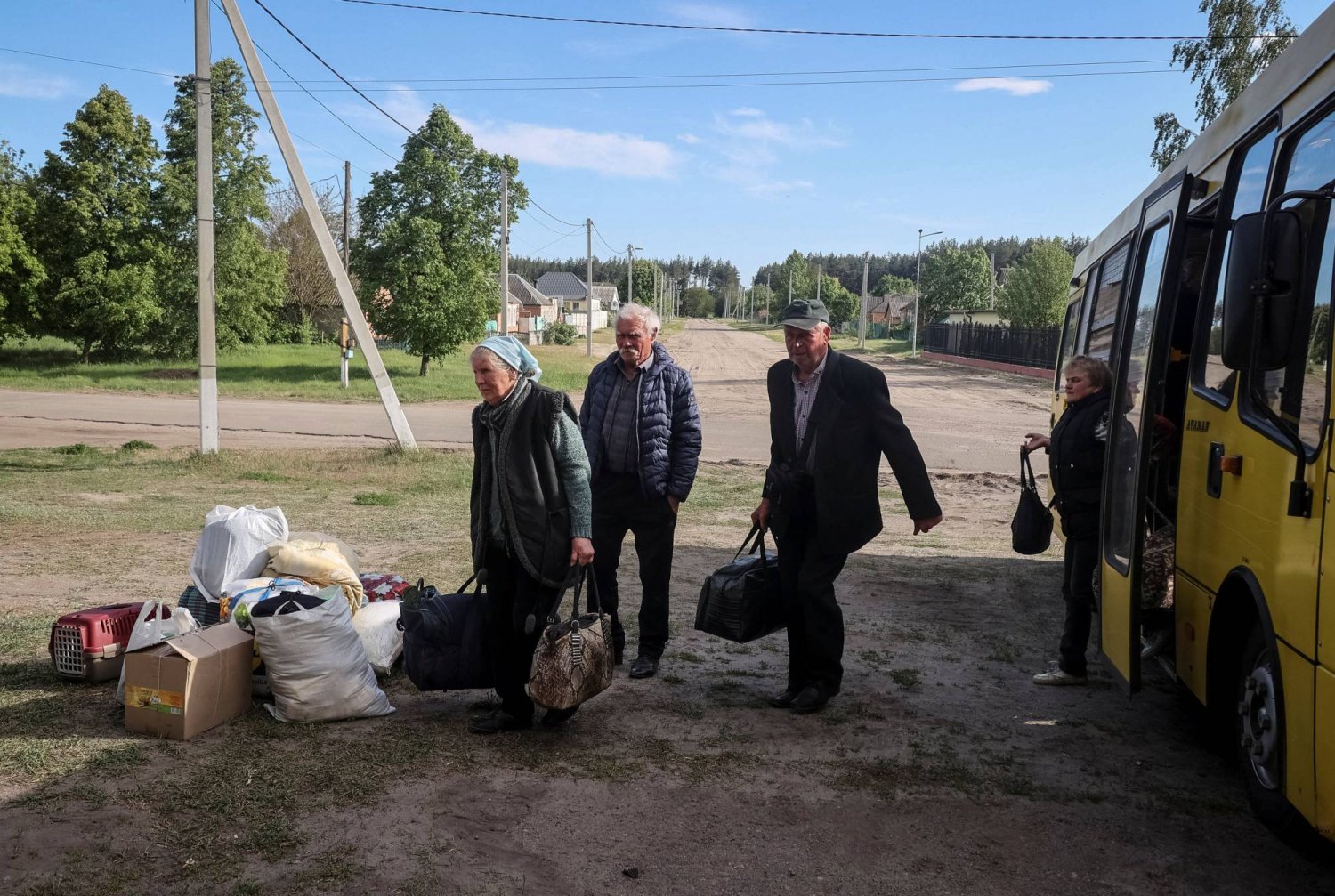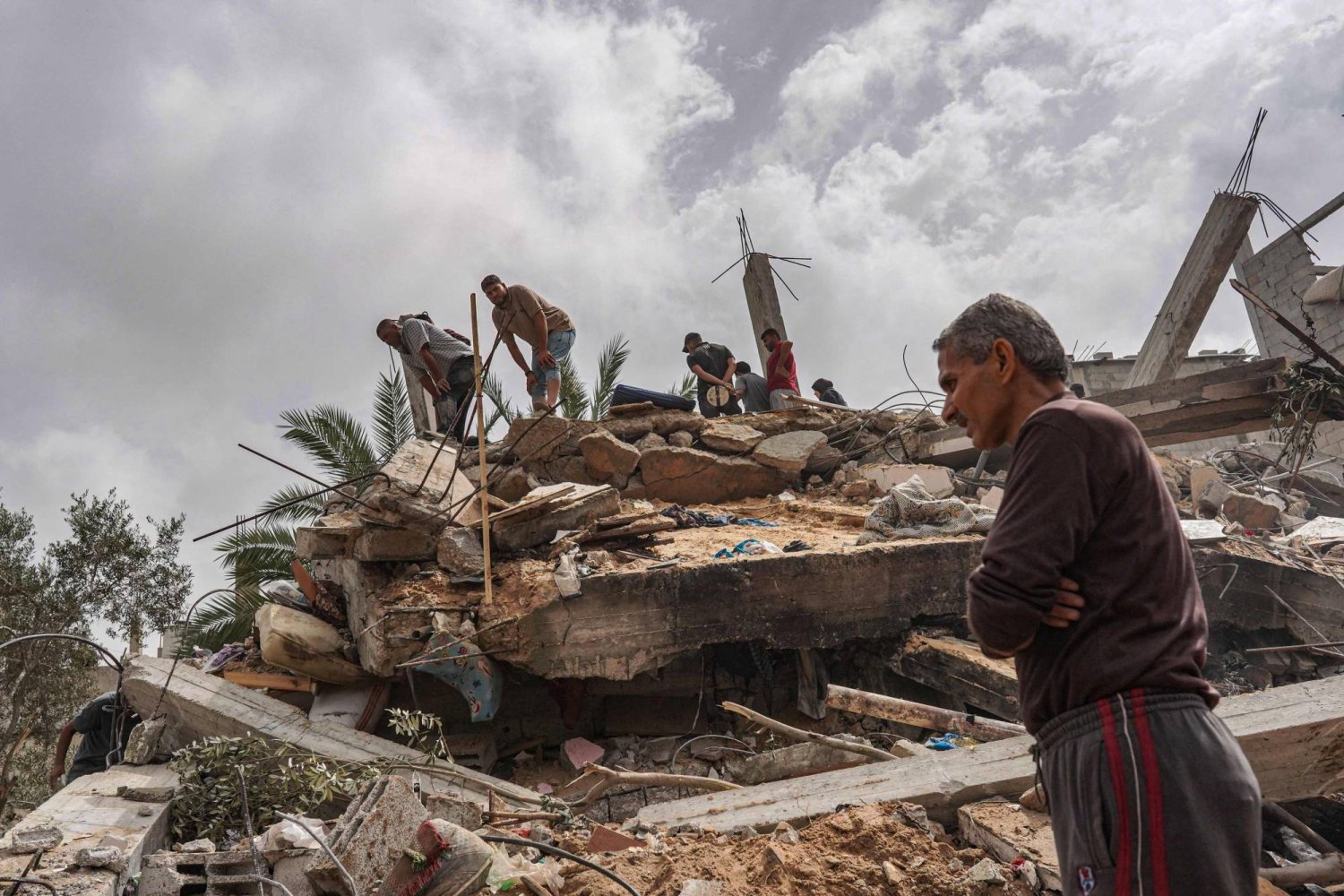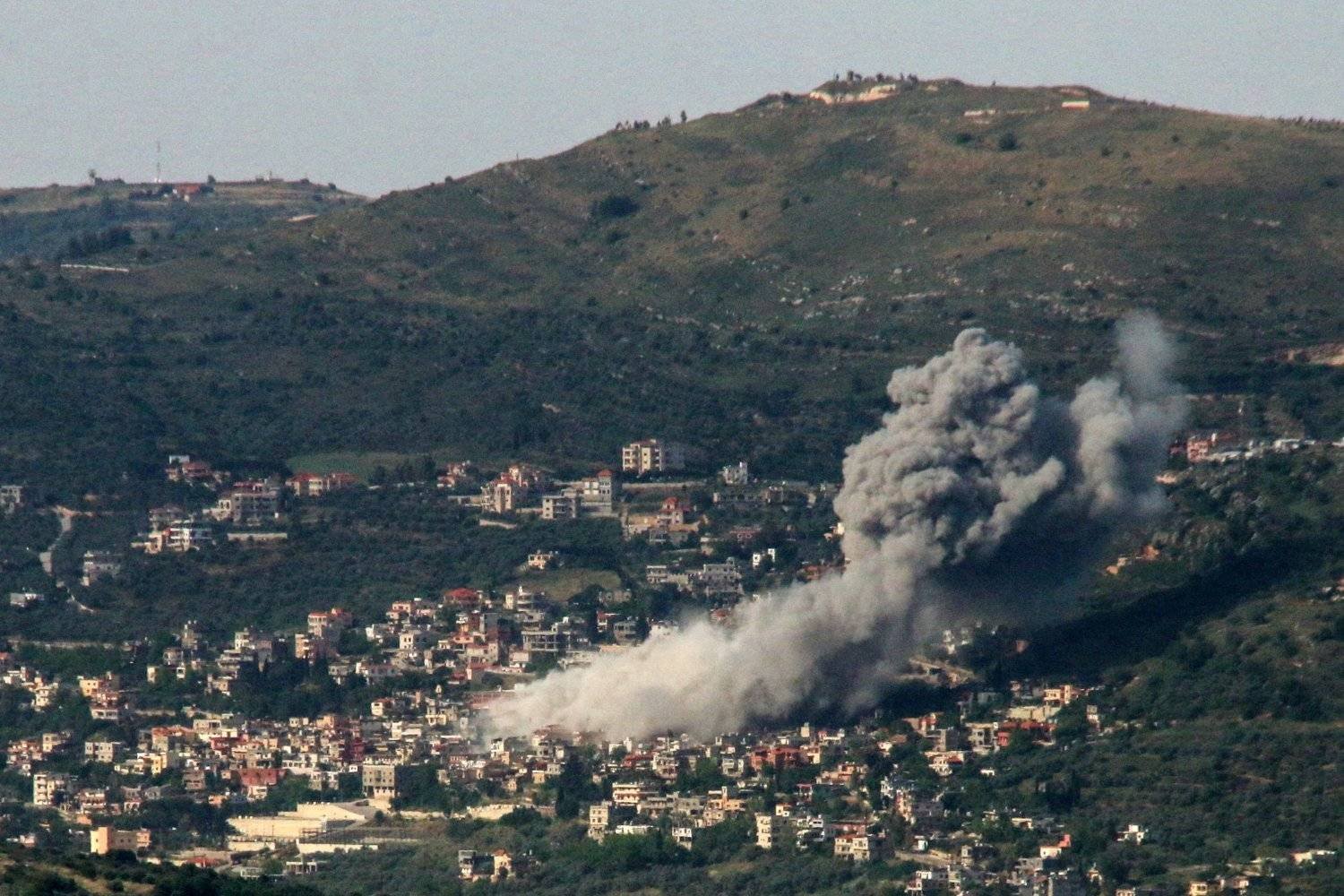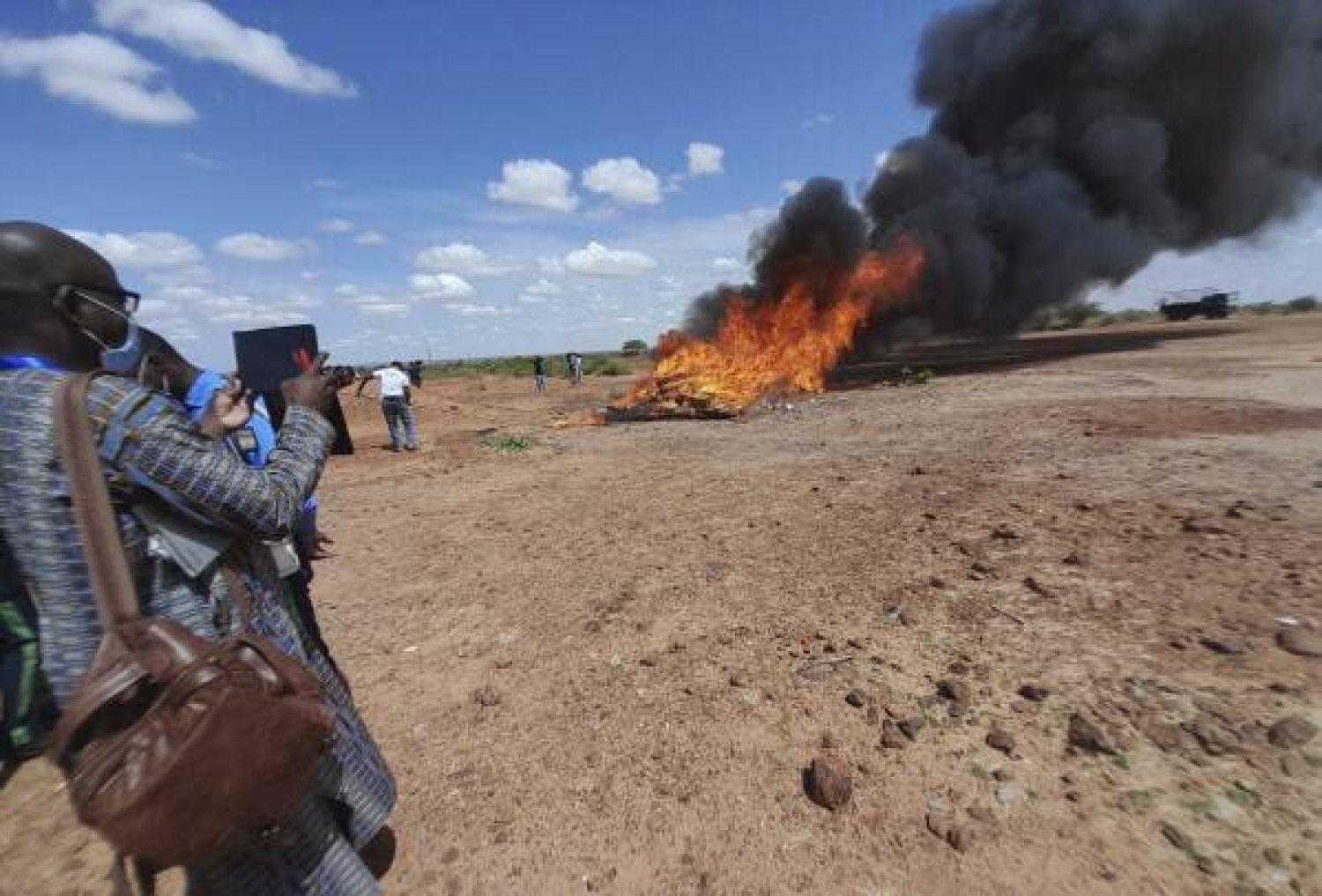The volume of drugs transiting through West African countries, from Latin America to European markets, has significantly increased in the last decade, a recent UN report revealed.
The United Nations Office on Drugs and Crime (UNODC) said authorities in West African countries seized an average of 13 kg per year in the period 2015–2020. The quantity increased to more than 100 times in 2022 with 1,466 kg of seized cocaine.
More worrying, however, is the relationship between drug trafficking networks and terrorist groups in the Sahel region of Africa and the way cocaine trade has become the largest source of funding for terrorism. It has even replaced kidnapping western nationals for ransom.
UNODC’s report raises the alarm about the dangers of drug trafficking in West Africa. It says the conflict-ridden Sahel and sub-Saharan region is becoming an influential route for drug trafficking to European countries.
Network of Routes
While cocaine trafficking routes across African countries are varied and fragmented, reports suggest that the majority is being transported by sea via the coasts of Guinea, Mauritania and Senegal, then trafficked overland from Mali and the Niger then onwards to North African countries as Algeria, Libya and Morocco. The cocaine is then transported across the Mediterranean to Europe.
Also, as drug trafficking networks developed and grew, they began using cargo planes to transport cocaine from countries in South America to the Sahara, and then to the Sahara.
One of the most notorious mega-smuggling operations was uncovered in 2009 when a Boeing 727 aircraft took off from Venezuela allegedly carrying between seven and 11 tons of cocaine.
Smuggling Continues
While chaos engulfs the Sahel and West African countries, drug trafficking networks continue to grow and expand.
In mid-April, Senegal's customs authorities have intercepted a record-breaking haul of cocaine. Over a ton of the illicit drug was confiscated from a truck near the border with Mali.
It was concealed in packets and stashed in bags, and was found in a lorry in a small town of Kidira.
Valued at $146 million, this haul marks the largest inland seizure of cocaine in Senegal.
Also, the Senegalese Customs in 2022 reported seizing 300 kg of cocaine, valued at almost €37 million, from a refrigerated truck in Kidira, Senegal, on the border with Mali.
But the largest shipment was seized in November 2023, when the Senegalese navy has confiscated nearly three tons of cocaine from a ship off the coast of Senegal, marking one of the country’s biggest drug hauls.
In Mauritania, security authorities seized last July a ship carrying 1.2 tons of cocaine, marking the largest seizure of cocaine in the country’s history.
On 18 June 2023, Mauritania seized 2.3 tons of cocaine hidden in a ship intercepted off the country’s coast. Several Mauritanians and people of other nationalities were arrested.
According to UNODC, from an average of 13 kg per year in the period 2015–2020, the quantity of cocaine seized in the Sahel countries increased to 41 kg in 2021 and 1,466 kg in 2022 with the bulk reported by Burkina Faso, Mali and the Niger.
The report said drug seizures have become very common in the Sahel and West Africa, where cocaine is the most commonly seized drug.
It noted that the region has become a “focal point” for smuggling networks to transport drugs to European and Asian markets.
Also, the UN report points to other risks facing the Sahel region, saying it is not just a transit area, but has become a consumer market as well.
Local Market!
In its report, UNODC also revealed that the Sahel region has transitioned from a transit route for illegal drugs headed to Europe from South America to a booming illegal drug market with a troubling rise in domestic users.
Francois Patuel, Head of the Research Unit at UNODC, said the production of cocaine is becoming more and more local in the Sahel region. He said in 2020, law enforcement in the Niger reported the dismantlement of two clandestine drug laboratories producing crack cocaine destined for the local market.
“We've had reports of rising crack cocaine consumption in Agadez, Niger driven by payment in kind,” said Lucia Bird, director of the West Africa Observatory of illicit economies at the Global Initiative against Transnational Organized Crime. “Smaller traffickers get paid in drugs and offload it onto local markets because they don't have the contacts in more lucrative consumption destinations.”
Spread of Drug Addiction
Fatou Sow Sarr, ECOWAS commissioner of human development and social affairs, said in a policy brief that “the heaviest burden of drug use is shouldered by the age group 10 to 29, thus investing more in mental health among young people is essential to protecting our children and youths against the use of illicit drugs.”
A report said cannabis is the leading cause of treatment for substance use disorder and dominates the list of drug seizures in the region. The amount of cannabis seized increased from 139 tons in 2020 to 631 tons in 2021 to 892 tons in 2022.
According to N’guessan Badou Roger, a treatment, research and epidemiological officer from Côte d’Ivoire, “cannabis dominates West Africa statistics because it grows easily in the climatic condition, has a mode of consumption that is not restrictive smoking, and is more accessible and less expensive than other drugs.”
In Senegal, the most abused drug in 2021 was cocaine, which accounted for more than 60% of the people seeking treatment. In Côte d’Ivoire, nearly 80% of people seeking drug treatment were addicted to cocaine or crack, while more than 46% of the people in treatment in Nigeria used cocaine.
Drugs: Source for Financing Terrorism through Sahel Region
The UNODC report said terrorist groups are now more involved in the drug trafficking market to finance their activities.
It noted that both al-Qaeda and ISIS are involved in transporting shipments of drugs, including cocaine and cannabis gum.
“Drug trafficking in the Sahel undermines stability and development in the region. Armed groups are directly involved in trafficking,” Patuel said.
“They use drug money to sustain their operations and to buy weapons while competing over trafficking routes. Finally drug trafficking fuels corruption and money laundering which undermines the rule of law and the development of resilient economies,” he added.






